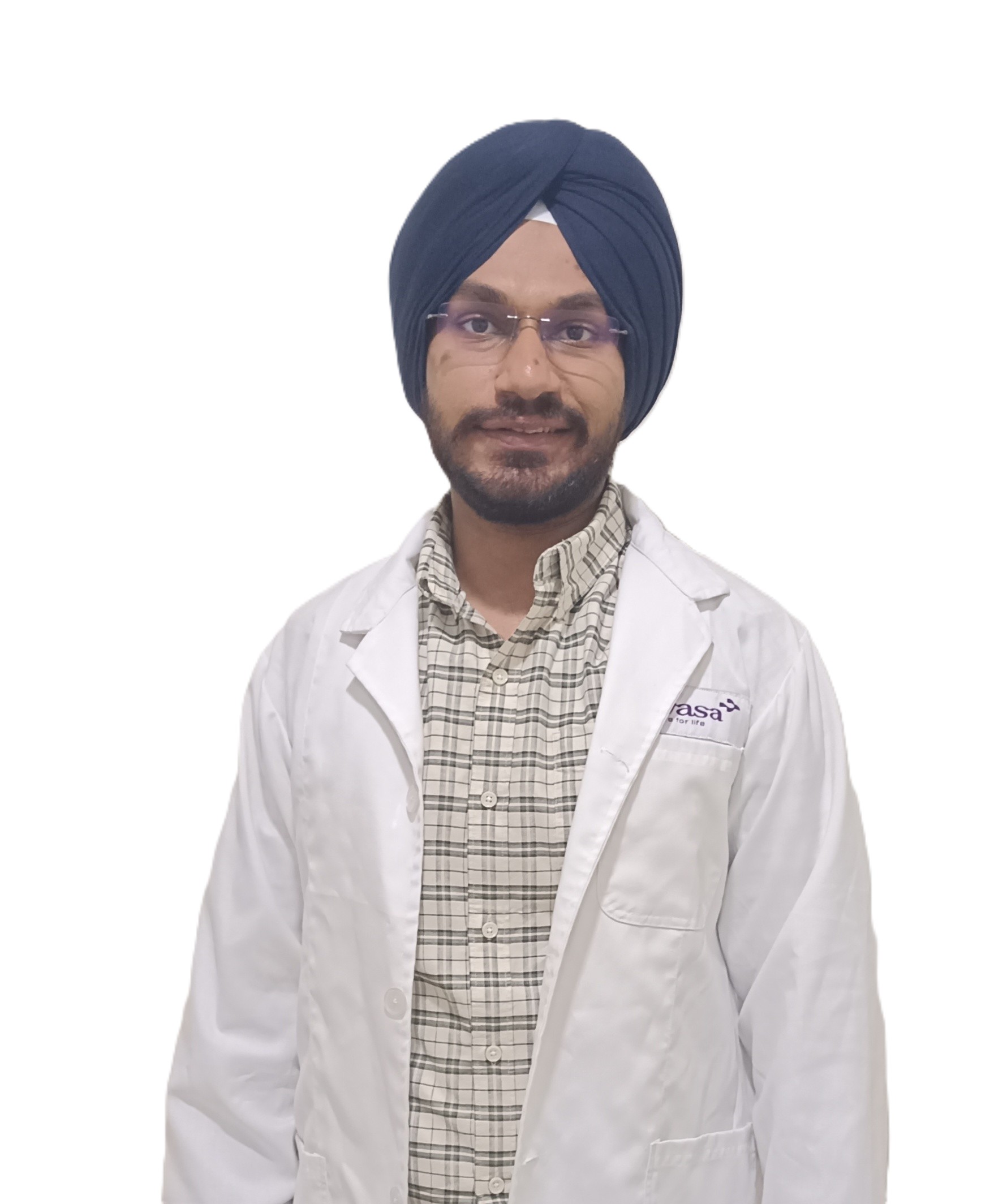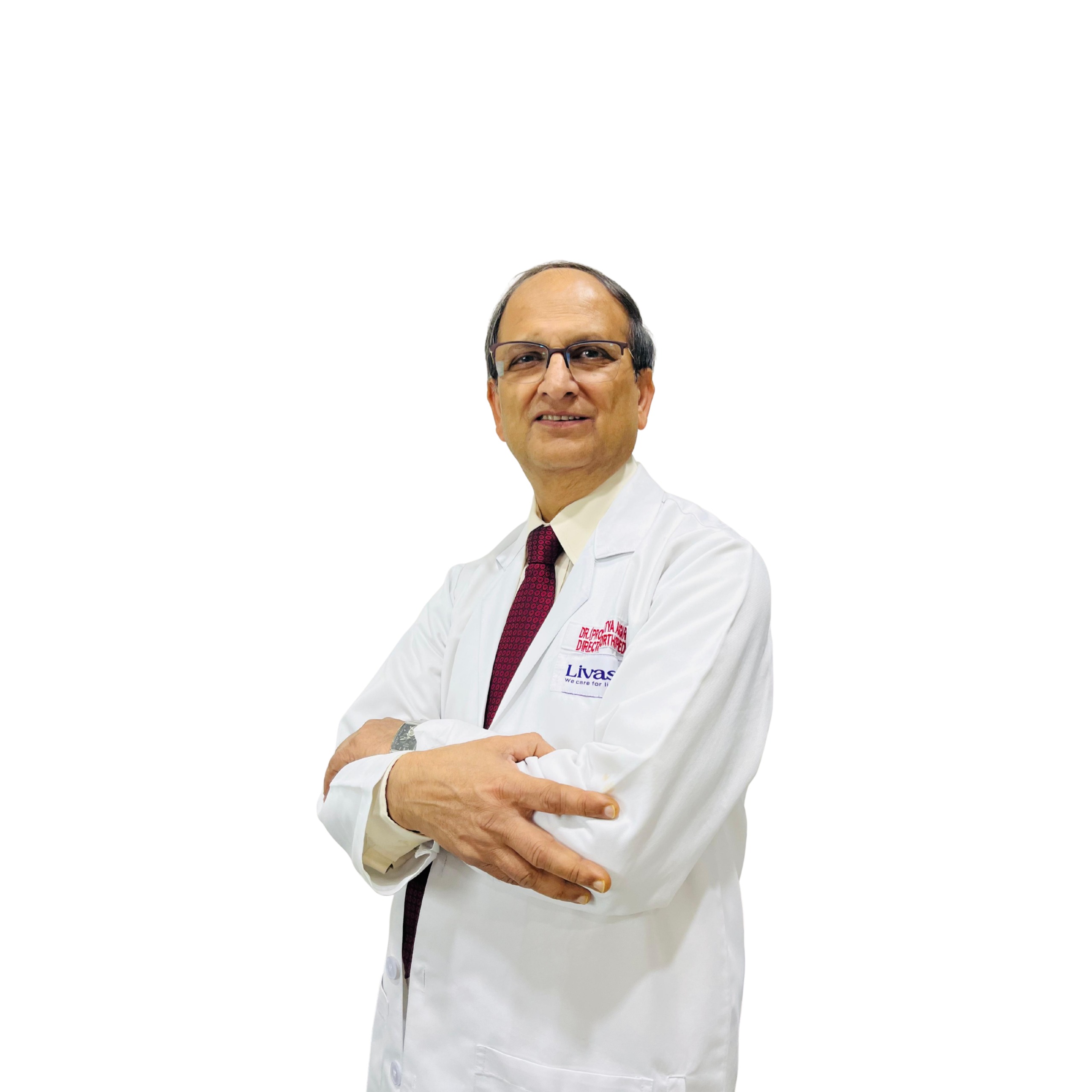Orthopaedic
Worldwide, over 1.71 billion people suffer from 150 types of disabling conditions like arthritis, osteoporosis, spinal fractures, back injuries, and other disorders, a number compounded by everyday instances of accidental trauma and fracturing. Such typical and accidental musculoskeletal conditions and injuries require the deft and immediate touch of qualified orthopaedic surgeons, highly specialised facilities and exceptional rehabilitation for proper recovery. The promising growth of advanced orthopaedic treatments like reconstructive surgery, knee or hip replacement, spine surgery, sports medicine, and arthroscopy now provide patients with hope for a normal life – whether old or young, amateurs or sports professionals.
At Livasa Hospital’s Centre of Excellence for Bone, Joint and Spine, we believe in delivering compassionate, state-of-the-art multi-specialist orthopaedic care for the most complex musculoskeletal issues. As the top hospital for orthopaedic treatments with global specialists and experts on board, we specialise in everything from trauma injuries, arthritis, osteoporosis, spondylitis and slip disc to knee, hip and joint replacement, spinal fractures and paralysis, sports injuries, limb and hand reconstruction, and neuromuscular disorders with the most advanced diagnostic, therapeutic and robotic technologies today. We are among India’s first arthroscopic centres of excellence for minimally invasive orthopaedic procedures. Consulting our experts today ensures a comprehensive approach to revitalizing your musculoskeletal health. Experience renewed freedom, movement, and mobility as Livasa Hospital empowers you to reclaim a fulfilling and active life.



















